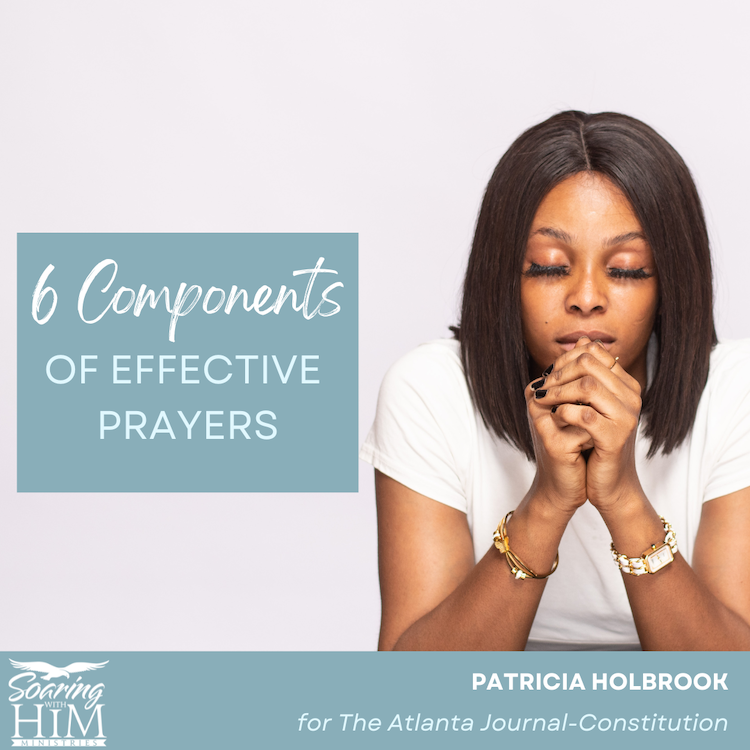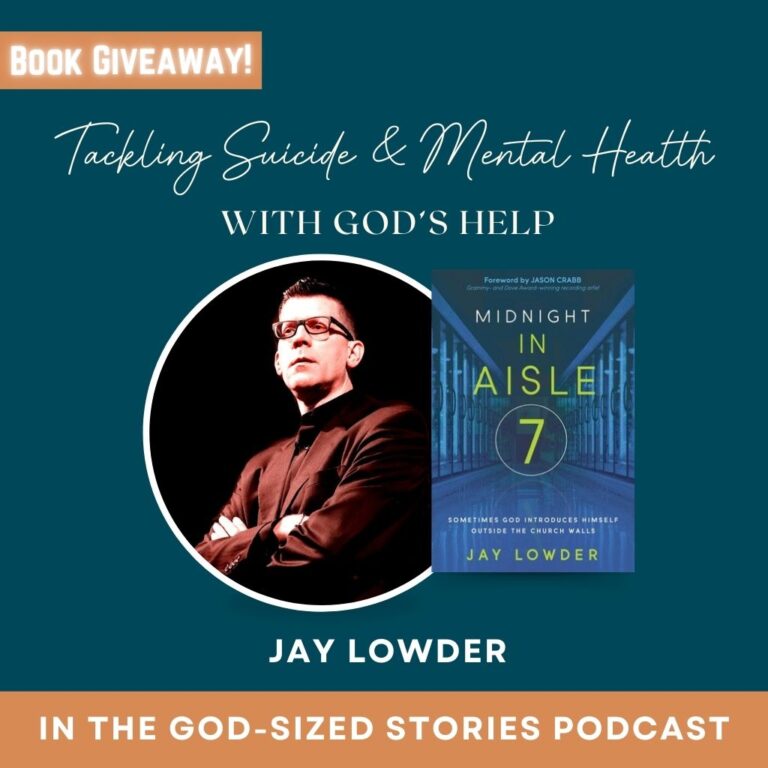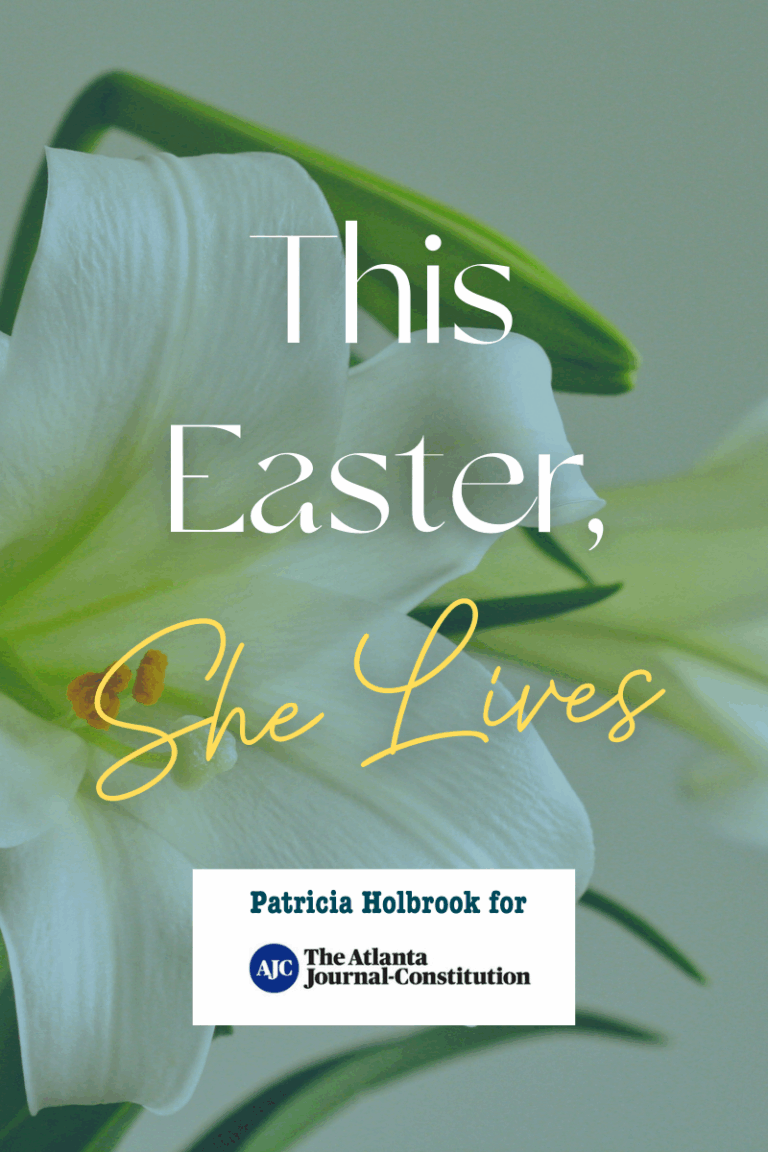“I fear John Knox’s prayers more than an army of ten thousand men.” — Mary, Queen of Scotland
We find the story of King Jehoshaphat in the books of 1 Kings and 2 Chronicles in the Old Testament. He was the son of King Asa and was known to follow many of his father’s positive actions.
But as his father, Jehoshaphat was also a king who often obeyed God partially. Even though he started a national religious education program and developed an extensive legal structure throughout the kingdom, he failed to destroy idolatry in the land. He also became involved with evil King Ahab through destructive alliances.
As ambiguous as this king’s actions were, his example of what to do when surrounded by enemies or facing hardships has inspired many believers throughout the church’s history.
In the 20th chapter of 2 Chronicles, we find King Jehoshaphat surrounded by a large army comprised of the Moabites and Ammonites — ancient enemies of the Jews. Judged by its size, the enemy army would destroy Judah overnight.
Surprisingly, Jehoshaphat did not summon his war council or prepare for battle when he heard about the impending destruction. Instead, Scriptures say that “(he) resolved to inquire of the Lord, and proclaimed a fast for all Judah.”
In the following verses, Jehoshaphat spells out a prayer that should serve as a model for everyone facing a giant. His prayer contains six elements that will anchor one’s heart when enemies or challenges threaten to steal our peace and shake our faith.
King Jehoshaphat started by magnifying God and declaring his greatness, acknowledging the unlimited power available to his children: “Lord, (…) are you not the God who is in heaven? You rule over all the kingdoms of the nations. Power and might are in your hand, and no one can withstand you.”
Secondly, Jehoshaphat recounted how God had promised the land to his people and gave them victory over powerful enemies in the past. To the listening crowd, their minds would remember God’s protection against Pharaoh, his presence and provision in the wilderness, and his deliverance in Jericho when a simple march of faithful believers brought down the mighty city’s walls.
Thirdly, the king boldly declared that God was the only one who could save them — the people would cry out in faith, knowing their God was listening.
Jehoshaphat then declared Judah’s hopelessness without God, boldly asked for his favor, and affirmed his total dependence upon God: “Our God, will you not judge them? For we have no power to face this vast army that is attacking us. We do not know what to do, but our eyes are on You.”
We do not know what to do, but our eyes are on You – King Jehoshaphat, 2 Chronicles 20:12 Share on XGod’s answer to his earnest prayer was immediate. The Spirit of the Lord came upon a Levite named Jahaziel who delivered God’s message: “Do not fear or be dismayed because of this great multitude, for the battle is not yours but God’s.”
Do not fear or be dismayed (…), for the battle is not yours but God’s – 2 Chronicles 20:15 Share on XImmediately after hearing God’s answer through Jahaziel, the king knew that his prayer was answered. He had no doubt. He promptly bowed down and worshipped God, thanking Him for a victory he could not yet see.
Recognition of God’s inexhaustible power. Remembrance of his faithfulness in the past. Declaration of complete dependence and trust in his love and grace. Recognition that we are hopeless in our situation, followed by bold, daring requests. And finally, the affirmation of our belief in the victory. That’s the recipe for effective prayers.
Jehoshaphat’s example reminds me to make my prayers more than just vain repetitions, to frame my heart to worship while praying, all the while trusting his unlimited power and unfailing love.
Yes. Such prayers pierce God’s heart and move him to fight the battles for his beloved children. And if the almighty God of the universe is for us, who or what will stand against us?
This article was originally published in Patricia’s column for The Atlanta Journal-Constitution on Saturday – October 22, 2022. Click HERE to view it on the AJC’s website.
One of Judah's controversial Kings teaches us six components of effective prayers. In my latest column for the Atlanta Journal-Constitution @ajc #prayers Share on X





Jehoshaphat sets the perfect example of effective and powerful prayer, Patricia. Thanks for sharing his story here!
I haven’t seen you blogging in a long time, and I’m glad you’re back! I’ve been travelling with my husband these last two weeks, so I’ve taken a brief break from my blog, but will get back to it at the beginning of next week.
Blessings!